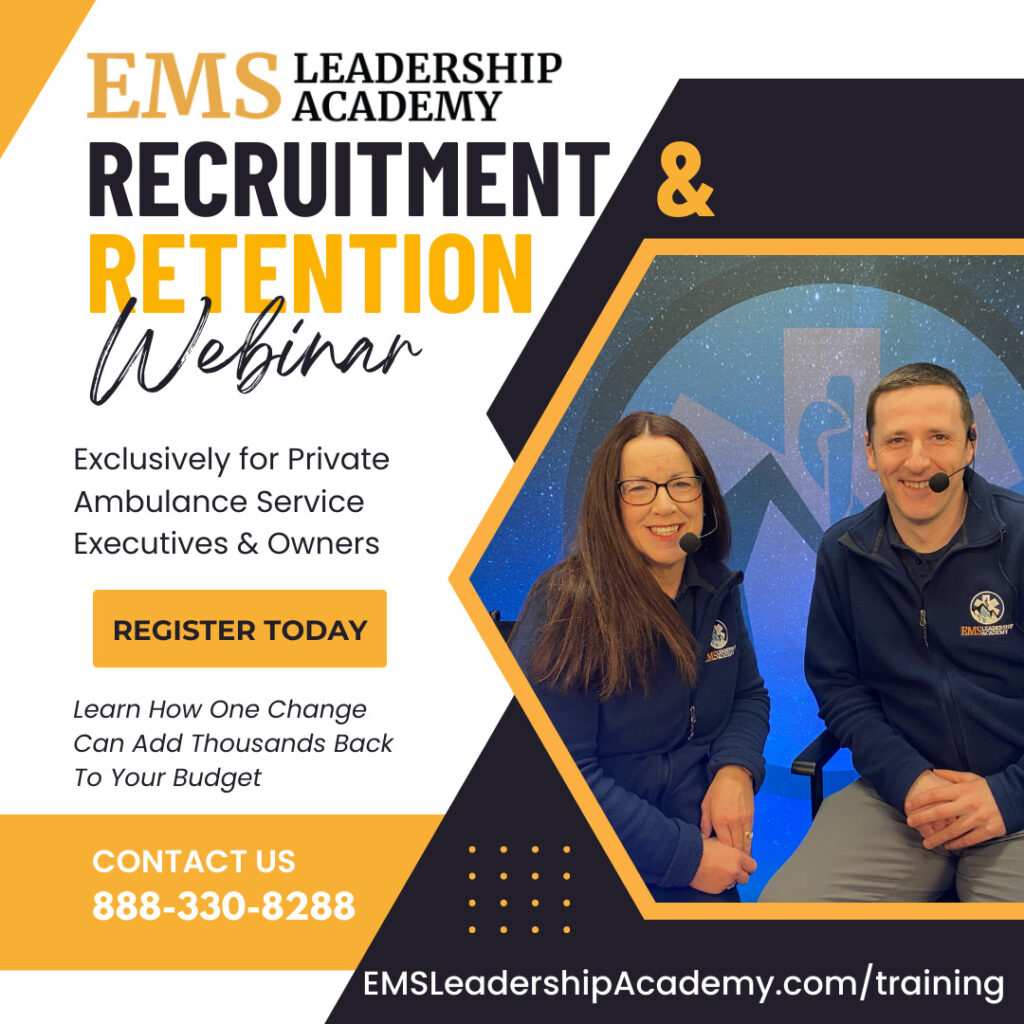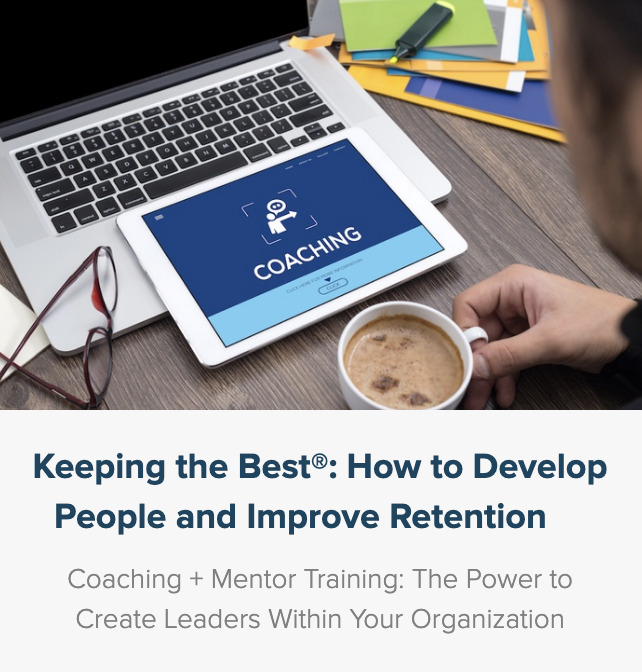First of all, welcome dissent/hear it - do not oppose it - causes people to dig in. Think about what JFK faced when committing to traveling to the moon (“Moon shot goals”.)
Opposition allows you to clarify your message and intention - clear up misunderstandings
Understand that opposition/dissent is not personal, it’s just some peoples way of dealing with change. Read this article on why you should welcome dissent.
Welcome to our EMS leadership, Q& A. Ttoday's question, we have, how do you deal with internal opposition effectively and not get disheartened? So at least I think this is a great question for you. Well, I think it's one of the main reasons why people don't want to take leadership roles on, right. It's like easy to be great when things are great,
but how do you be great. And how do you be an effective leader when the people inside your organization are not jumping on board or are very vocal in their opposition? It's, it's easy for people to, to see that as a reason to get disheartened. And I think it's because we've been innocently misunderstood, or we don't understand how to deal with opposition.
And my coaching is for people to actually welcome the dissent or the opposition, you know, listen to it. You don't have to oppose it. As a matter of fact, I don't recommend opposing it. It tends to have people dig in and start to have more evidence for why their point of view is correct and your wrong. And again, I think that's what leads to people getting disheartened as dealing with proving themselves all the time.
So, you know, I like to think about the story of John F. Kennedy. When he said we're going to be on the moon in under 10 years. And all the scientists came to him and said, you're crazy. You maybe didn't say you're crazy, but they opposed it. They said, we don't even have the technology for this. We don't have the capacity for that.
And reportedly John F. Kennedy said, great. Those are the things we need to solve. Those are the issues that we need to deal with. So thank you for bringing those to our attention. And so it, it, if you ha inside your commitment to whatever it is as a leader, your vision is if you can hear people's dissent as opportunities to, to,
to solve the problems. And the other thing that opposition or descent allowed you to do is clarify your message. Because a lot of times people misunderstand what your point of view is. I mean, it happens to all of us, even when it's not a big deal, you know, I mean, or a big change it's, it's people misunderstand because they're listening through their own opinions,
their own filters, their own judgments in a session assessments. So when we're able to hear, people's send as, Oh, they misunderstood. So it allows us the opportunity to really clear up misunderstandings. And if we don't get defensive, then w and we just truly listen to what other people's point of view is. It allows us to clear up that misunderstanding.
And as you said, at least I think it's a great opportunity for us as leaders all too often, executives are insulated from these conversations and it happens in every company and every organization Absolutely will do town hall Meetings. We're trying to do listening tours to really get an idea of from everyone, even on the front lines, like, what are the issues they're dealing with?
Because those don't always get passed up along throughout the chain. It's one big game of operator, right? So really understand that opposition and dissent is also not personal. And it's so hard sometimes to not take it personally, when we're passionate about our jobs and our careers and organizations, that means so much to us. So it's just some people's way of dealing with change.
And we've got to realize that and not take it. So personally, That is a big, big, big point. I can't stress that enough, that it's just not personal. And when you take it personally, it makes it worse. Absolutely. So we have a great article, Lisa, that you wrote EMS leadership, academy.com/descent. So be sure to download that.
And it's, it's a little bit of a provocative title. Why should I accept and why should I welcome dissent? So it's a, it's a great resource and a great article. And we thank everyone for watching today.



